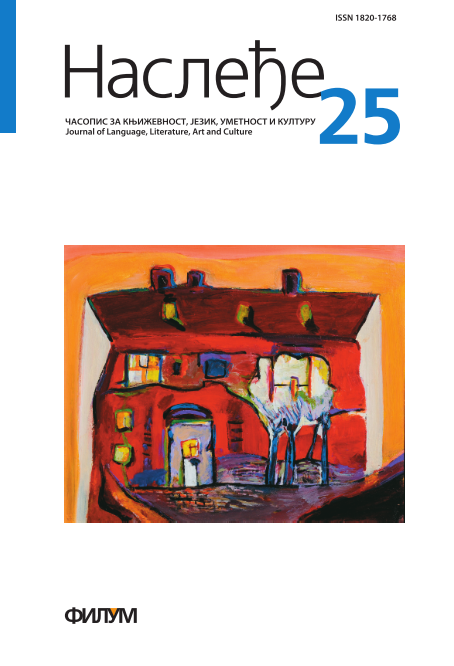THOMAS PAINE
CITIZEN OF THE WORLD
Keywords:
revolution, government, republicanism, human rightsAbstract
Thomas Paine, a citizen of the world, as he called himself, following freedom and independence in the American colonies, he spreads the spirit of revolution in Europe. The condition he finds upon arrival makes his theoretical considerations not at rest, and he soon publishes the Rights of Man, one of the finest-defined philosophies of 18th century democracy. Like Common Sense, this powerful propaganda work encourages freedom fighters to go into battle against monarchism and absolutism, which then ruled Europe. The paper explores the revolutionary character of the work as well as its consequences, among which the British government reaction stands out, which ultimately condemns Paine as a traitor.
References
Бурк 1789: Е. Burke, Reflexions on the Revolution in France, 1789, New York: Oxford University Press, 1993.
Пејн 1789: T. Paine, “Letter to George Washington, 1789”, in Collected Writings, ed. Foner Eric, New York: The Library of America, 1995.
Пејн 1791а: T. Paine, Rights of Man vol. I, New York: Penguin Classics, 1955.
Пејн 1791б: T. Paine, “Republican Manifesto, 1791” in The Life and Writings of Thomas Paine, ed. Wheeler, Daniel Edwin, New York: Vincent Parke, 1908.
Пејн 1792: T.Paine, Rights of Man vol. II, New York: Penguin Classics, 1985.






